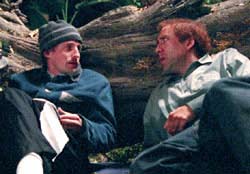
Spike Jonze Interview
07 January 2009Writer Charlie Kaufman, director Spike Jonze talk of taking liberties with fact and fiction in 'Adaptation'
(Some questions in this interview have come from another journalist present for the Q&A.)
Charlie Kaufman looks as if he's trying hard -- maybe too hard -- to relax in his swanky hotel room. He's shifting nervously in his spot on a couch that appears to be built more for aesthetics than for sitting, and it's just not working for him.
After seeing "Adaptation," the semi-fictional, semi-autobiographical, semi-adaptation of Susan Orlean's novel "The Orchid Thief" -- in which Nicolas Cage plays in an extreme version of admittedly neurotic Charlie as he tries to adapt the book -- one might be led to believe it's Kaufman, and not the couch, that's uncomfortable.
But right next to him is Spike Jonze, Kaufman's confident directorial collaborator on both this film and 1999's "Being John Malkovich," and he doesn't look any more at ease on this trendy piece of furniture than the screenwriter does.
Fortunately, they're both in a good humor despite looking quite tired from a long night of schmoozing the night before (jittery Kaufman's least favorite part of working in Hollywood). And both seem genuinely to relax and start to have fun once our conversation turns to the subject at hand for this interview: their navel-gazing behind-the-scenes dark comedy that nimbly navigates many gossamer layers of weird fact and fiction as it tells three cross-pollinating stories at once.
One thread follows Kaufman's bout with writer's block. Another tracks Orlean -- or rather tracks Kaufman as he tracks Orlean, hoping to be inspired by spying on her. And the film includes, in bits and pieces, the story of "The Orchid Thief" itself, a novel about the misfiring conservation philosophies of a real Florida flower poacher named John Laroche.
Because one of the film's central themes is Kaufman's characteristic self-doubt, we start with a question that seems obvious when meeting the stringbean-physiqued writer.
| Q: Charlie, I was curious why you made yourself fat in the movie. |
Charlie Kaufman: I guess it didn't seem to matter since no one knows me, since I'm not a celebrity, what the specific self-consciousness was. So it was a way for me to write a self-loathing character but at the same time keep some of my privacy. He's representative of me, but I have my own problems that I'll keep to myself. [Slight laugh.]
| Q: So in real life it's completely different neuroses. |
Kaufman: Yeah!
| Q: It really feels like you're airing everything. |
Kaufman: Good.
| Q: How do you feel about being mistaken for the Charlie Kaufman from "Adaptation"? |
Kaufman: Uh...I don't know yet. I'll find out. It's something I'm kind of curious about. Ask me in three months!
| Q: But are you ready for the inevitable onslaught of stupid questions this movie is going to invite about how closely you resemble the character? Or about people saying, "Tell us about your brother Donald!" |
Kaufman: I don't know if I'm ready for it. But I certainly asked for it. So I guess I'll have to figure out how to deal with all that.
| Q: Between "Being John Malkovich" and "Adaptation," you've now created fictional or semi-fictional versions of John Malkovich, Susan Orlean, John Laroche and yourself... |
Kaufman: ...and Valerie Thomas, who is played by Tilda Swinton. And Chuck Barris in "Confessions of a Dangerous Mind." And Charlie Sheen in "Being John Malkovich."
| Q: So any thoughts or feelings on blurring reality? |
Kaufman: I gotta stop!
| Q: After the frustration that gave birth to this movie, have you ever given serious thought to writing a Donald Kaufman-caliber script? To writing, say, the next Sandra Bullock movie? |
Kaufman: I don't know that I could. I don't think I know how. And it doesn't interest me.
| Q: Can you describe your point of maximum frustration in this attempted adaptation? What gave birth to what you ended up seeing? |
Kaufman: I think it was what you saw. I liked the book, I took the job. I thought I would figure out how to do it afterwards. Then I didn't and I got all panicky because people were waiting on it. I got depressed and took a long time. I don't know if there was a maximum point. I'd just be waking up for weeks on end with my first thought in the morning (being), "I can't face this." That went on for quite a while. [Nervous laugh.]
| Q: Did the approach you took happen organically or did you have some kind of epiphany? |
Kaufman: What I need to do when I'm writing something is figure out what it is I'm thinking about and where my energy is. And (this time) my energy was in the thought that I couldn't do it. So I decided, OK, that's what I'm going to write about. Then it started to fall into place. The whole adaptation parallel, that sort of opened doors for me and it started to snowball -- and I started to have fun again, although I was scared because I couldn't tell anyone I was doing it!
| Q: So what was the reaction when you finally turned it in? |
Kaufman: I turned it in to Jonathan Demme's company, the folks who hired me (to adapt "The Orchid Thief"), and I don't know. Ed Saxon, who is one of the producers on the movie -- I think he was pissed.
Spike Jonze: No, at first he was very surprised -- just taken aback because this is a project he'd been working on, optioning the book, working on it...
Kaufman: And I was really late delivering it. I was seven or eight months working on it.
Jonze: And he was expecting an adaptation of "The Orchid Thief," this book he'd already put a couple years of work into developing, seeking out a writer that would be appropriate for it, and trusting Charlie. Then all of a sudden he got this thing that was written by two people, with Charlie's "brother" writing part of the movie. So I think Ed's first read through it, he didn't really read it. So he gave it to a friend of his, and they said, "God, this is great!" He read it again a couple days later, after sort of returning back to normal, and I think realized this is incredible.
Kaufman: The other person who worked there at the time was Valerie Thomas, who is played by Tilda Swinton in the movie. She was reading it, and I guess she called up Ed and said, "I'm in it!"
| Q: So when did you two first start talking about this script? |
Jonze: Well, we were shooting "Malkovich" at the time when Charlie was sort of at the peak of his torment. So when he'd come by the set or we'd talk on the phone, he'd share his despair. I don't even remember what I said or how much help I was to him until he came up with this idea of writing himself into it. From that moment, I had total faith that he was going to find it. All of a sudden, it was a whole new idea.
Kaufman: He was very enthusiastic, which was enormously helpful because I was pretty terrified about taking this particular step.
| Q: Spike, how soon after that did you feel like you wanted to be involved? |
Jonze: Oh, as soon as I heard that idea, I knew it was something I wanted to do. I didn't read it for another three or four months, until he had handed it in to the producers, at which point he gave me a copy to read. At that point Jonathan Demme was thinking about directing it. I wrote Jonathan a letter telling him I loved the movie and if he didn't want it, I hoped he'd consider me. Then we were close to finishing the editing of our movie ("Being John Malkovich"), we showed it to Jonathan and Ed, and right about that time he decided to let me do it.
| Q: So why aren't you a character in "Adaptation"? |
Jonze: I think it might have been something we talked about in passing. But, no, it wasn't necessary to the story.
| Q: If anything, I think it might have diffused what we so enjoyed about the Charlie Kaufman character -- the fact that he's just at the peak of frustration -- if Spike Jonze was in there giving him encouragement! Speaking of "Malkovich," I loved the scenes on the set and the way Catherine Keener takes a shine to Donald, further compounding Charlie's frustration with his brother's inexplicable showbiz cache. |
Jonze: The day we shot Cusack and Keener's close-ups for that scene, Nicolas wasn't there. Catherine Keener is supposed to walk by and ignore Nicolas, so I asked Charlie if he'd be the off-camera eye-line for them -- if he'd play Charlie! [Laughs]
Kaufman: After I was guaranteed I'd be off-camera.
| Q: [Laughs] |
Kaufman: Because sometimes he tries to trick me into being in the movie. He did that on "Malkovich," tried to trick me into being in the movie. Somebody on the crew (the day I stood in) said I was a really good Charlie. I was really proud!
| Q: I gather that Susan Orlean had a sense of humor about the liberties taken with her book and her life. |
Jonze & Kaufman: Yeah, yeah.
| Q: But how about John Laroche? |
Jonze: John Laroche, he had just about the reaction you'd expect him to have if you've seen the movie: "Yeah, that's cool. That's cool. I got a really cool contract, an 80-page contract. It's this thick! Nah, it's not gonna effect my life." He just thinks it's cool, like the part of the contract that says he's gonna get two percent of any sales of John Laroche action figures.
| Q: [Laughs hard.] |
Jonze: He thought that was cool.
| Q: I think I'd want that clause in any movie contract. I'd love to make a Robert Altman picture and have an action figure clause in my contract. |
Kaufman: I think it's pretty standard for any movie now, isn't it? I remember with "Malkovich" in my contract there was something about if it turns into an amusement park ride. You know, on the outside chance that it happens.
| Q: So I asked you about Susan Orlean and John Laroche, but do you feel that "Adaptation" does justice to "The Orchid Thief" as well as incorporating it into the story? |
Jonze: It's hard for us to say because we're from our point of view. But I did hear that Susan Orlean was really happy that the intention, or the subtext, or the sort of...
Kaufman: ...the feeling of the book.
| Q: Like the line about what she desires most... |
Jonze: "I want to know how it feels to care about something passionately."
| Q: That's the one. Thank you. And you really get a sense of that from the film. |
Kaufman: That's a line from the book.
| Q: So I suppose if she thinks that the film got the essence of the book in addition to everything else that's going on... |
Jonze: Yeah! We'll have to see what Laroche thinks! I don't know if he's seen the movie yet, but I'm sure we'll get a great view from him.
Contactmusic
Top 10 Videos
Wallace Chung
XXX
1
10 Years
Beautiful
2
Fast Girls
Fast Girls
3
Shaggy
Hey Sexy Lady
4
Air
Sexy Boy
5
The Staves
Tired As F***
6
Robin Thicke
Blurred Lines (Unrated Version)
7
All That Remains
Six (Live)
8
Fugees
Boof Baf
9
Fleur East
Sax [Live]
10
Movies and Trailers

Her Movie Review
With only a hint of a futuristic setting, Spike Jonze takes a remarkably honest look...
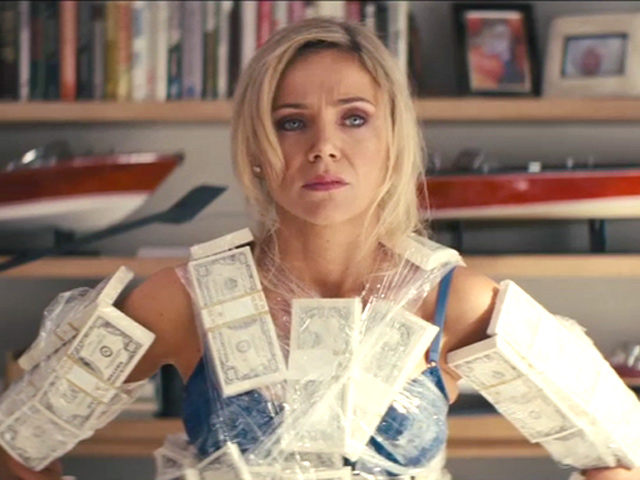
The Wolf Of Wall Street Trailer
It's a wild ride of drinking, drugs, debauchery and deception when the ambitious Jordan Belfort...
Advertisement
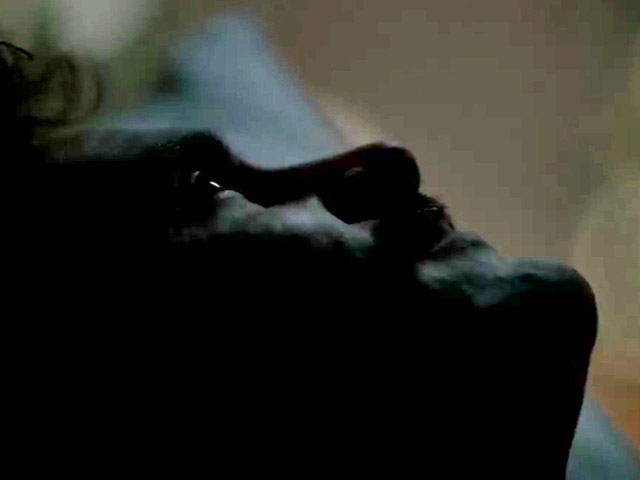
Her Trailer
Theodore Twombley is a reserved man going through the hardest time of his life with...
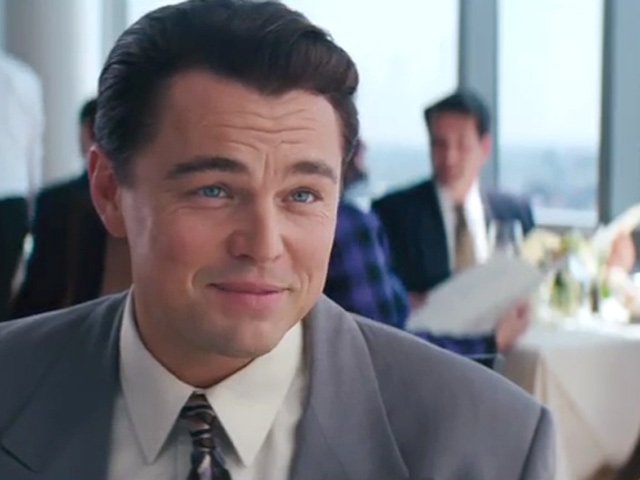
Wolf Of Wall Street Trailer
Jordan Belfort started out his stockbroker business in a tiny office with a small group...
Advertisement

Jackass Presents: Bad Grandpa Movie Review
The Jackass crew takes an oddly gentle approach here, abandoning their more riotous stunt-based movies...
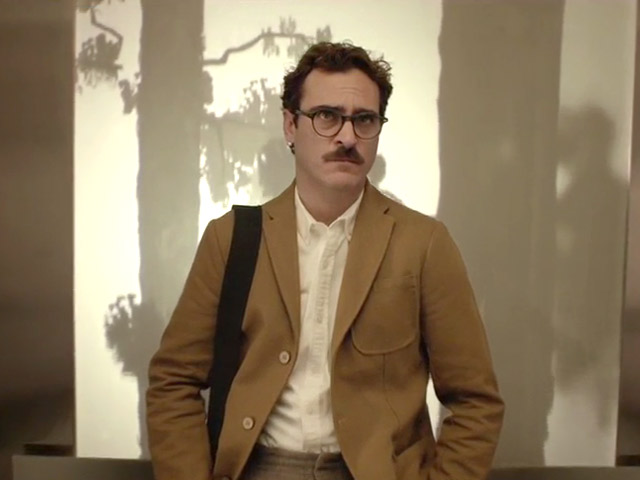
Her Trailer
Theodore Twombley wasn't exactly having the best time in his life. He never socialised, seldom...
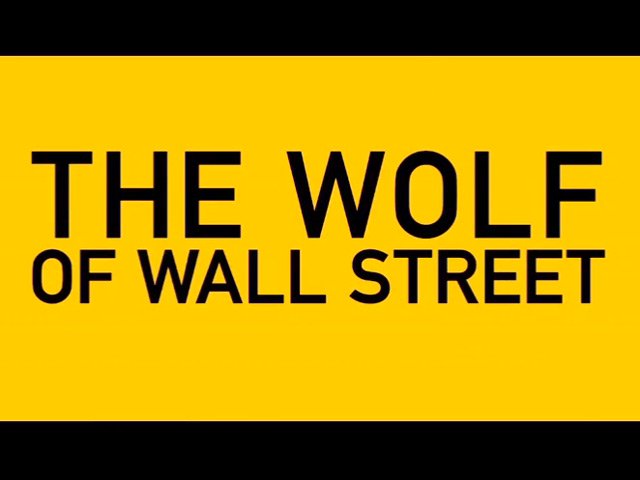
The Wolf Of Wall Street Trailer
Jordan Belfort is a successful stockbroker, multi-millionaire and motivational speaker from New York who had...
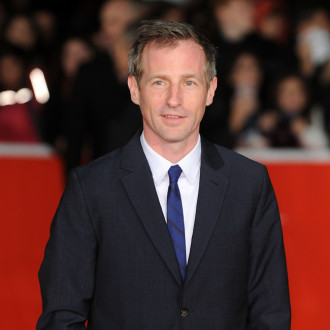

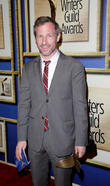
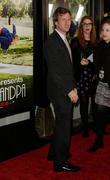
![Spike Jonze's 'Her' Leaves Us Intrigued [Trailer] Spike Jonze's 'Her' Leaves Us Intrigued [Trailer]](https://admin.contactmusic.com/pics/mf/fno_ace_hotel_party_070912/spike-jonze-fashions-night-out-2012-150_4063080.jpg)
